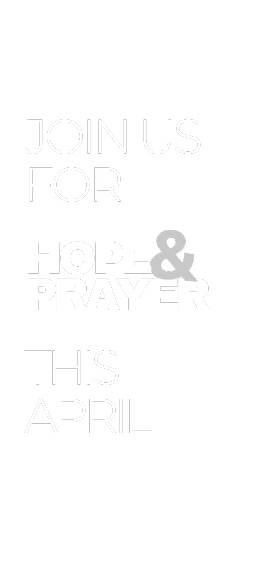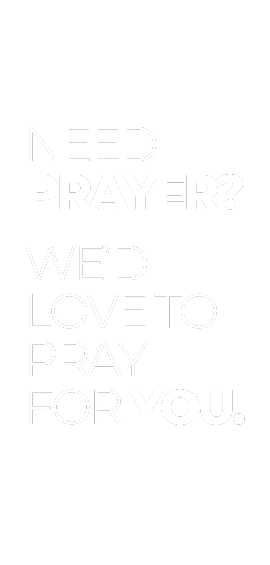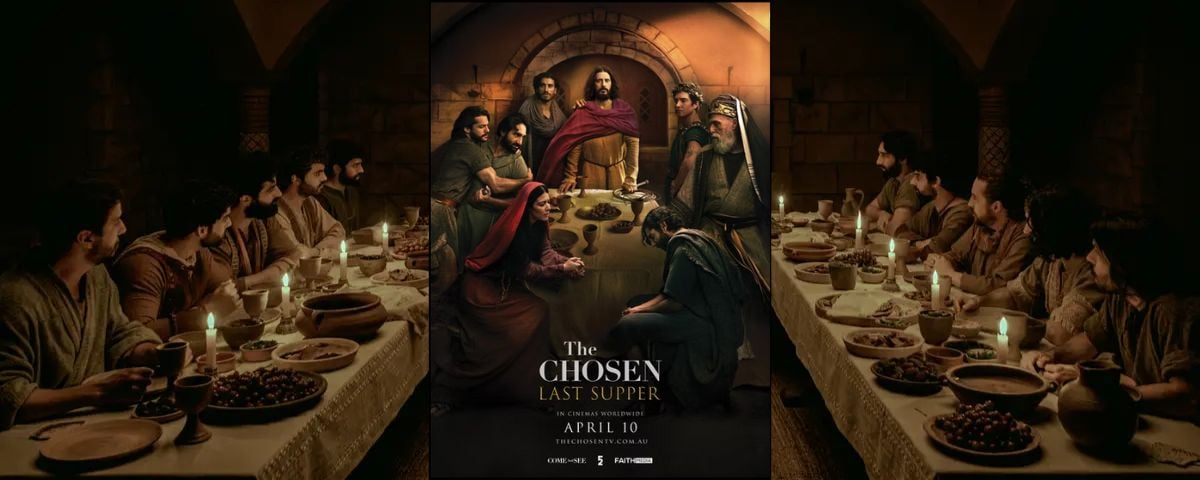Passover is one of the most significant festivals in the Bible and is central to the story of God’s redemption of mankind. But is it still relevant for Christians today?
Key points:
- Passover, originating from the Book of Exodus, is a key biblical feast symbolising Israel’s liberation from Egypt and signifies the first time God calls Israel as a nation.
- “It is referred to by God as an appointment—a date that He sets for His people to meet with Him.”
- The Passover lamb and the elements of bitter herbs, unleavened bread and wine represent themes of sacrifice, suffering, redemption, and liberation from sin.
- Listen to the interview with Daniel Valle and Hope Weekends in the player below.
A year ago, I attended a Passover Seder – a meal filled with symbolic foods, worship, scripture readings, and storytelling led by Messianic Pastor Daniel Valle from Beit Shalom Sydney.
I had been a Christian but knew very little about the Passover which Jesus and the early church would have celebrated annually.
It left me wondering, “Should I be celebrating Passover?”
I sat down with Daniel to understand more.
“A date with God”
Passover commemorates when God delivered the Israelites from slavery in Egypt.
The lamb’s blood on the doorposts was what caused judgment to “pass over” the Israelites, sparing the firstborns.
“Passover is one of the main biblical feasts,” says Daniel.
Hope 103.2 is proudly supported by
“It is referred to by God as an appointment—a date that He sets for His people to meet with Him.
Passover, originating from the Book of Exodus, is a key biblical feast symbolising Israel’s liberation from Egypt.
“It comes from the book of Exodus, and it is about this historical event when Israel was freed from slavery and they left Egypt in order to meet with God and serve God.
“And so, it is a defining event because it is the first time that God calls the people of Israel as a nation…. and every year is remembered with joy and is a great celebration because it is about thanking God for his redemption from slavery and all the journey that starts in the Exodus.”
The connection between Jesus and the Passover lamb.
In biblical times, the Jewish people celebrated Passover by sacrificing a lamb and eating it with bitter herbs, unleavened bread and wine – symbols that all point back to God’s redemption.
“The lambs at the Passover were provided as a means of deliverance,” Daniel explained.
“When John sees Jesus, he says, ‘Here is the Lamb of God who takes away the sin of the world’.
“And so what Jesus ends up doing at the cross, it is a sin offering.
“He becomes literally the Passover lamb so that we are able to be freed from sin, from the slavery of sin. And that is the clear connection.”
“It is referred to by God as an appointment—a date that He sets for His people to meet with Him.”
The Last Supper
According to Daniel, The Last Supper was a Passover meal where Jesus took the two elements of wine and bread and “gave them a deeper meaning”.
“He took the cup and said, this is the blood of the new covenant.
“And then he does the same with the bread. It is unleavened bread [matzah], bread without sin. And he says, this is my body, like our Messiah, he had no sin, and that’s why he was the perfect sacrifice for us all.”
Other elements eaten during Passover include bitter herbs, a reminder of “the bitterness of slavery.”
Should Christians celebrate Passover today?
Daniel believes that as followers of Christ we should be celebrating Passover because Christ celebrated Passover regularly, “not just upon his death at the Last Supper…but since he was a child with his parents, he was going to Jerusalem.”
The Passover lamb and the elements represent themes of sacrifice, suffering, redemption, and liberation from sin.
“We see that in the book of Luke, we see that in John, that even as a grown up, he goes to Jerusalem on Passover, and early Christians were all Jewish.
“They would have been all celebrating Passover with the newer or the deeper understanding that it is fulfilled by the Messiah, that the blood or the cup of wine has a symbolism that points to the blood of the Messiah and the same thing with the unleavened bread.”
Experience Passover for yourself
Daniel is happy to share the meaning of Passover at your church or community.
He can be contacted at beitshalomsydney.org.au
Listen to the interview with Daniel Valle and Hope Weekends in the player below.
Feature image: Photos supplied by Daniel Valle and used with permission
Get daily encouragement delivered straight to your inbox
Writers from our Real Hope community offer valuable wisdom and insights based on their own experiences!
Subscribe + stay connected with all
our latest stories
Hope 103.2 is proudly supported by



























